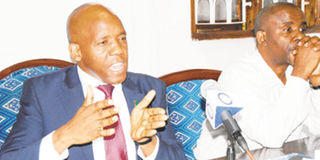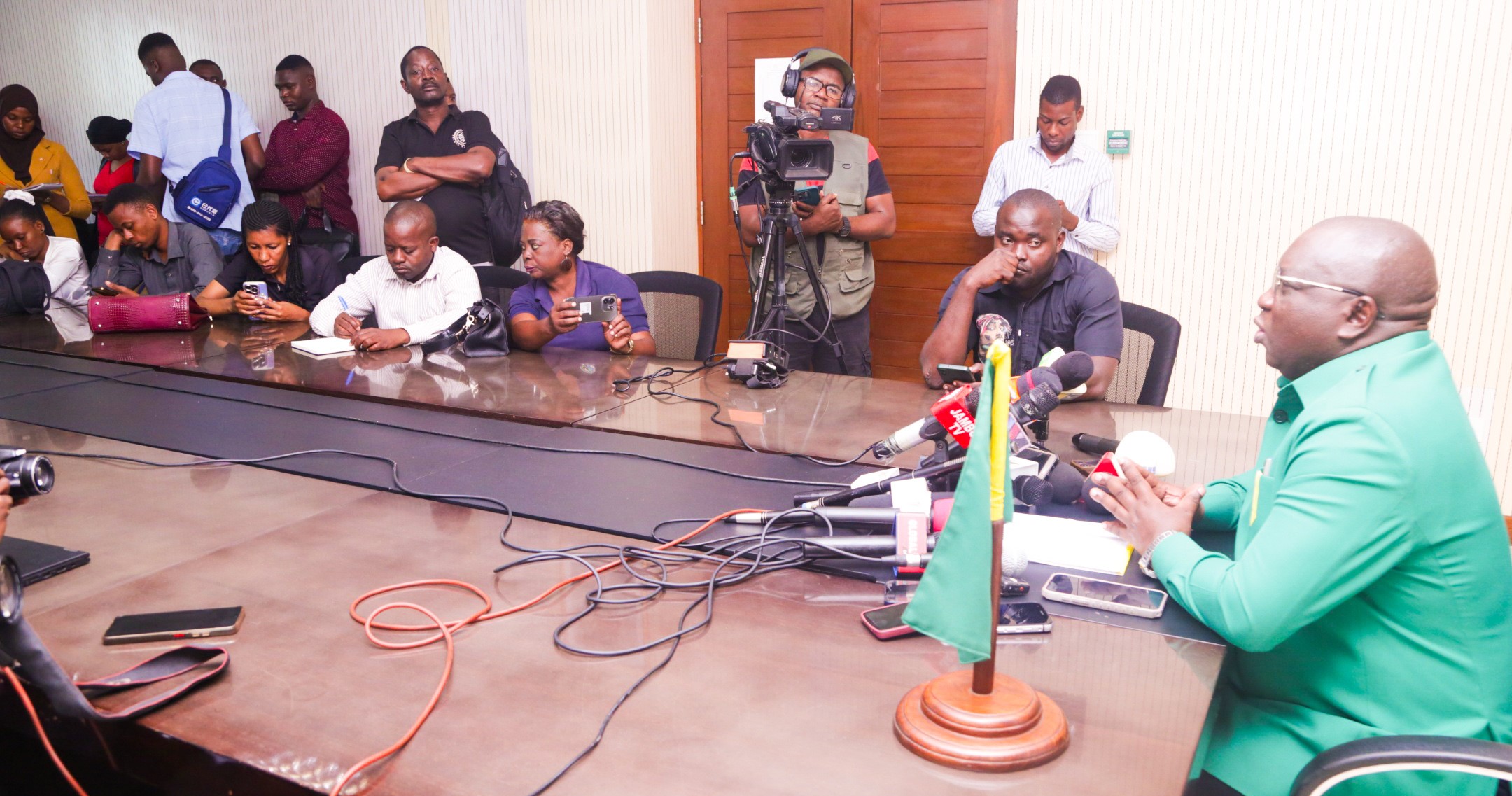Politicking messes up education

Nominated MP James Mbati poked holes on the primary school curricula in the just ended National Assembly sitting in Dodoma. PHOTO | FILE
What you need to know:
- Politicians have been making different decisions on the education sector without engaging experts, leading to the significant decline in the quality of the key to life
Kigoma. Early this year, a strong debate on the national education curriculum for primary education ensued in Parliament pitying some lawmakers and the parent ministry.
While some Members of Parliament said there was no curriculum in place, the Education and Vocational Training ministry insisted that a curriculum existed.
It was nominated MP James Mbatia who moved a motion, saying Tanzania does not have an official primary school curriculum. The motion triggered a heated debate among different groups including academicians, experts, politicians and even ordinary people on the streets.
There are those who were argued without knowing exactly what a primary school curriculum entails. Others were ignorant of the exact number of subjects that ought to be taught in primary level of education.
There are those who wondered why the so called curriculum in place keeps on changing now and then. And many explanations were given for the frequent changes.
Some observers associate them with political drive of people entrusted with overseeing the ministry regardless of the advice from education experts.
Those, who went to school before 1995, can recall that Standard One pupils were prepared by taking three core subjects - writing, reading and simple arithmetic – popularly known in Kiswahili as triple ‘K’.
The Political Platform mini survey conducted in Nguruka, Itebula and Mwamgongo wards in Kigoma Municipality has revealed a number of setbacks to primary school education foundation in the country.
Subjects at primary school level mainly are mathematics, history, Kiswahili, civics, English, geography, science, sports, arts and religion. Each of these subjects has a teacher’s guide book and students’ textbook. Both were in use until the end of the first term of former President Benjamin Mkapa when Joseph Mungai was the minister for Education.
The 1997 curriculum came with some new things including the combination of social science with history and geography. Separate books were published for the subjects. When experts complained of the shortfalls of the changes, history, geography and civics became separate subjects again.
Teachers and other education stakeholders pointed an accusing finger at politicians for interfering with the education system without critically considering the possible outcome of their actions.
“The education system is in a mess as a result of politicking. Every minister comes up with his or her own education curriculum,” wondered a teacher on condition of anonymity for fear of reprisals.
Saimon Ndayeza, a retired civil servant, said the curriculum was skewed because ministers never consulted education experts in the decisions they made.
“Some head ministries which are totally different from their areas of specialty, yet they don’t want to listen to the experts’ advice,” Ndayeza wondered.
In the Education Paper Number 2 of 2006, for instance, former education officer R.A. Mpama directed education inspectors to adhere to a new primary school curriculum
He insisted that the Primary School Education Development Plan popularly known in its Kiswahili acrnym as MMEM 2002 – 2006 aimed at improving the curriculum and increasing subjects.
Many teachers have been complaining of the curriculum since, saying it is slowly killing the education sector. Teachers are compelled to use several books with different education quality, the observed.
The books mostly distributed by Oxford, Ben &Company, Education and Mture have totally different topics, themes and teaching manuals, they explained.
A history book for Standard Four from other publishers, for examples, has 10 chapters while a similar one published by Ben& Company for the same class has 11 chapters.
The contents of some of the books are incomprehensible. Simple arithmetic has been poorly done just as Mbatia noted in Parliament recently.
Two multiplied by two, according to the books, equals five while seven plus seven equals 15.
It is time politicians stopped making decisions of publishing such shoddy books. They are not only ruining the quality of education, but also causing unnecessary burden to taxpayers, Chadema regional secretary general for Kigoma Msafiri Wamalwa suggests.




